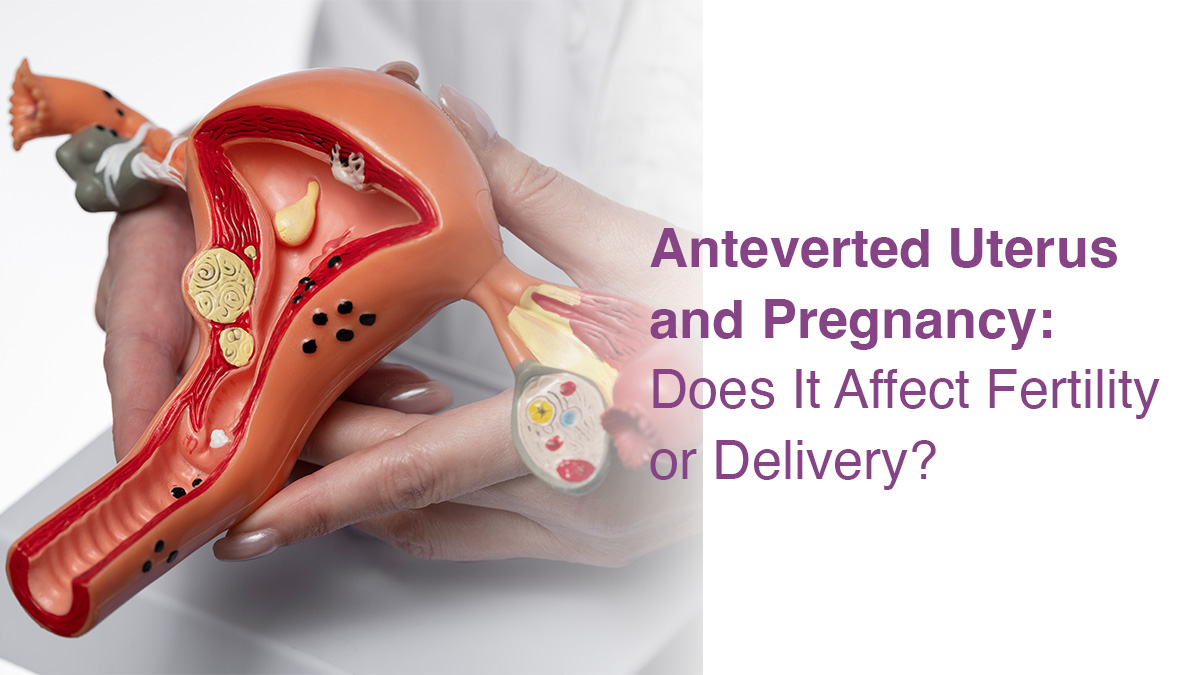

If you’re trying to conceive or are pregnant, you cannot disregard thyroid health. It regulates hormones that are significant for fertility and for pregnancy. However, stress can offset your thyroid. Many women will ask if it’s normal to have a thyroid during pregnancy. Yes, it can happen, but you want to keep it controlled. Knowing how to control thyroid during pregnancy and how to cure thyroid during pregnancy begins with your ability to manage stress, particularly while planning for a baby or during pregnancy.
Understanding the Thyroid’s Role During Pregnancy and Fertility
The thyroid, located in the neck, is critical to your metabolism, energy, and hormone production. During pregnancy and while trying to conceive, thyroid hormones may help your body with ovulation, fertilisation and your baby’s brain development. An underactive or overactive thyroid can lead to irregular periods, difficulty in conceiving, or complications during early pregnancy.
So, if you’re wondering if thyroid can increase when women are pregnant, it can, especially, if they are currently under stress. In fact, your thyroid can increase, especially when the body is under stress.
How Stress Impacts Thyroid Levels in Pregnancy and Fertility
Chronic stress increases cortisol – one of the hormones that can disrupt thyroid function. Cortisol has the powerful effect of telling your body to conserve energy, often slowing down the thyroid, which can disturb the delicate balance necessary for conception and fetal development.
Stress contributes to conditions like hypothyroidism, where the body isn’t able to make enough hormones from the thyroid. If you are focused on controlling your thyroid during pregnancy, the first step in your process should be to reduce stress.
Stress, Thyroid Health & Fertility: The Connection
Stress impacts reproductive health by throwing off hormonal signals. This can result in:
- Delayed or missed ovulation
- Poor egg quality
- Hormonal imbalance that affects implantation
This makes conception harder. If you already have thyroid concerns, stress can worsen them, affecting both your fertility and your pregnancy. So, if you’re exploring how to cure thyroid during pregnancy, remember that managing stress is essential for a healthy reproductive system.
Signs of Thyroid Imbalance Due to Stress
Here are some common symptoms to watch for:
- Fatigue or low energy
- Anxiety or irritability
- Irregular periods
- Difficulty getting pregnant
- Hair thinning or dry skin
- Weight changes
If you’re planning a pregnancy or are already expecting and notice these signs, speak to your doctor. Early detection helps manage thyroid levels and improves your chances of conception and healthy pregnancy outcomes.
Why Managing Stress Is Crucial for Thyroid Health, Pregnancy, and Fertility
Stress puts your body into a “fight or flight” state, which isn’t ideal when you’re trying to conceive or maintain a pregnancy. It signals your brain that now isn’t a good time for reproduction, leading to reduced thyroid function and hormonal imbalance.
Understanding is it normal to have thyroid during pregnancy includes recognizing how stress can worsen it. A calm mind supports better thyroid health, fertility, and pregnancy.
Effective Ways to Manage Stress for Better Thyroid and Fertility Health
Here are simple, effective ways to lower stress:
- Practice deep breathing or meditation daily
- Prenatal yoga or walks to calm the body
- Talk to someone—a partner, a therapist, or a close friend
- Cut back on sugar and caffeine, which increase stress
- Stay social—connection reduces emotional tension
If you’re working on how to cure thyroid during pregnancy, start by giving your body the emotional support it needs.
Importance of Sleep and Rest
Lack of sleep can mimic stress in the body, raising cortisol and reducing thyroid function. Poor rest also disrupts reproductive hormone levels, making it harder to conceive or maintain a pregnancy.
Aim for 7–9 hours of quality sleep. Good rest helps regulate your hormones, which is essential when you’re focused on both fertility and pregnancy. A well-rested body can better handle thyroid shifts that may occur as pregnancy progresses. Remember, does the thyroid increase during pregnancy? Yes, and good sleep helps manage that.
Seeking Professional Support
If you’re stressed, trying to conceive, or dealing with thyroid symptoms during pregnancy, don’t wait—talk to a professional. Endocrinologists, fertility experts, and OB-GYNs can guide you with proper tests and treatments.
You don’t have to figure out how to control your thyroid during pregnancy alone. Professional support ensures you’re taking care of both your body and your growing family.
Conclusion
Stress has a powerful impact on thyroid health, and when you’re trying to get pregnant or are already expecting, this connection becomes even more important. From hormone disruption to fertility challenges, unmanaged stress can make thyroid issues worse. Understanding how to cure the thyroid during pregnancy begins with reducing stress, sleeping well, eating right, and seeking expert help. To understand more, consult with the fertility specialists of the Oasis Fertility Clinic near you. You can also call us on 1800-3001-1000 or use our live chat option for prompt assistance.
FAQs on Thyroid, Stress & Fertility During Pregnancy
1) Is diet important for managing thyroid health and stress during pregnancy?
Yes! A nutrient-rich diet supports your thyroid and keeps your energy levels stable, reducing stress naturally.
2) Are there natural remedies to help manage stress in pregnancy?
Yes. Herbal teas (if doctor-approved), deep breathing, prenatal yoga, and essential oils may help reduce stress.
3) Can thyroid issues from stress affect my fertility?
Definitely. Stress can impact your thyroid, leading to irregular ovulation or making it harder to conceive.


fill up the form to get a
Free Consultation
Avail 0% interest on EMI
All Procedures | No Upper Limit
How we reviewed this article:
- Current Version






